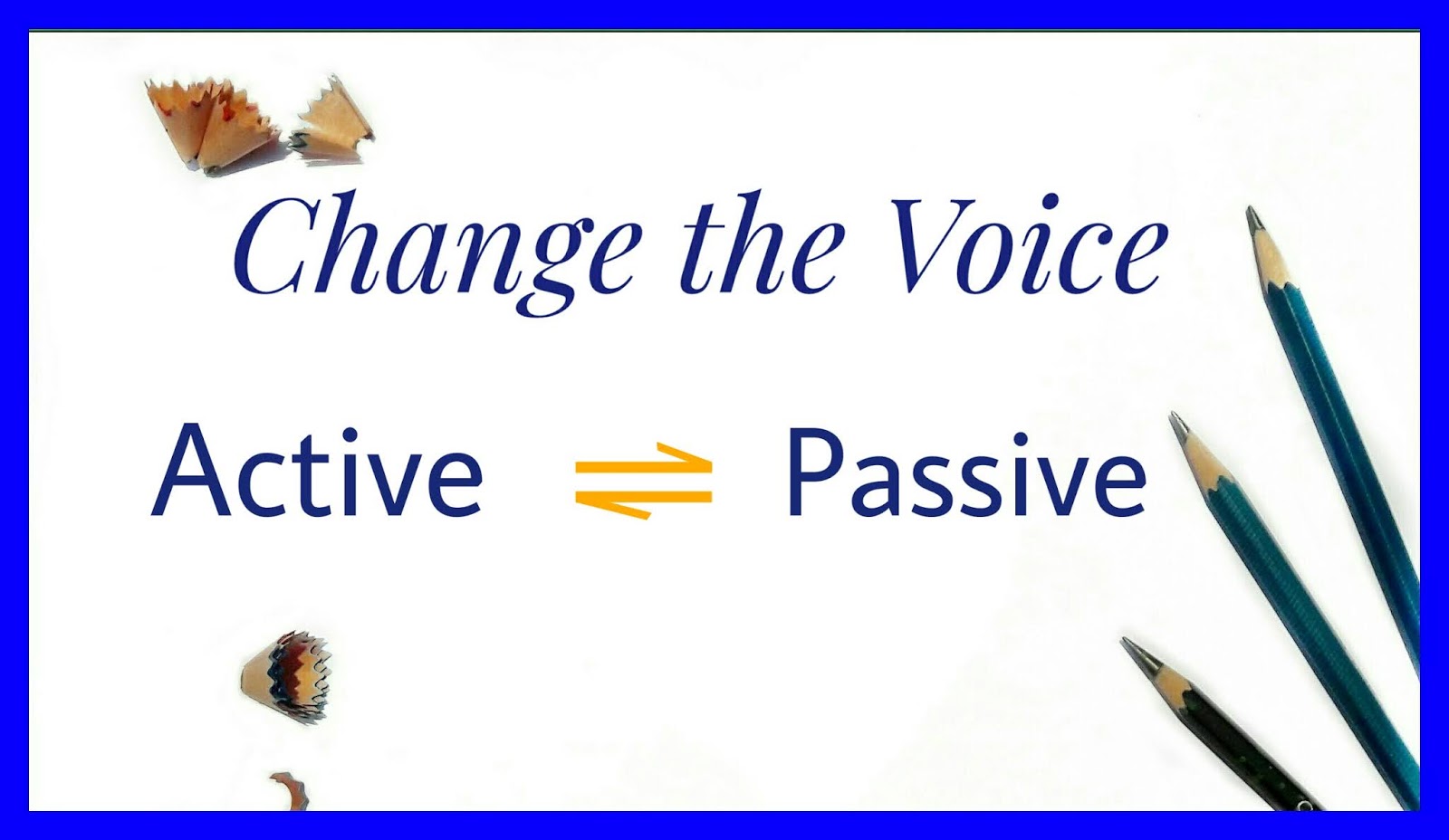My Voice is Changing What's Happening
Have you noticed your voice sounding different lately? Perhaps it cracks unexpectedly, feels strained, or has a different pitch than before. This could be due to a voice change. This article explores the fascinating journey of vocal transformation, examining its causes, implications, and how to manage this sometimes-challenging experience.
A voice change, also known as vocal mutation or dysphonia, can manifest in several ways. It might involve a shift in pitch, tone, volume, or even texture. Some individuals experience a raspy or hoarse voice, while others notice a wavering or trembling quality. These alterations can impact communication, self-confidence, and overall well-being, making it essential to understand the underlying reasons and available solutions.
Several factors contribute to voice changes. Hormonal fluctuations during puberty are a common cause, particularly in adolescents. Other influences include aging, respiratory infections, vocal cord nodules or polyps, and even stress or anxiety. Understanding the root cause of your voice change is crucial for determining the most appropriate course of action.
Throughout history, the human voice has been a powerful tool for expression, communication, and connection. Changes in voice have been recognized across cultures and throughout time, often associated with developmental milestones or health conditions. Today, with advancements in medical science and voice therapy, we have a greater understanding of the mechanisms behind vocal changes and how to address them effectively.
Navigating a voice change can be challenging, but understanding its significance is empowering. For adolescents, it signifies a step towards adulthood, while for others, it might represent a shift in vocal capabilities due to aging or other factors. Recognizing the potential impact on communication and self-perception can help individuals adapt and seek appropriate support.
Voice changes can also occur due to vocal overuse or misuse. Singers, teachers, and public speakers are particularly vulnerable to vocal strain and injury, which can lead to temporary or even permanent changes in voice quality.
If you are experiencing a prolonged or concerning voice change, it's essential to consult a medical professional. An otolaryngologist (ENT doctor) can evaluate your vocal cords and determine the underlying cause of the change. They may recommend voice therapy, medication, or other interventions depending on the diagnosis.
While medical advice is crucial, there are also steps you can take to care for your voice. Staying hydrated, avoiding excessive caffeine and alcohol, and practicing good vocal hygiene can help maintain vocal health. Vocal exercises and warm-ups can also strengthen the vocal cords and improve vocal performance.
Advantages and Disadvantages of Voice Changes
| Advantages | Disadvantages |
|---|---|
| Can signify maturation (puberty) | Potential communication difficulties |
| Opportunity to develop better vocal techniques | Impact on self-esteem and confidence |
Vocal changes are common and often a natural part of life. By understanding the causes, seeking professional advice when necessary, and practicing good vocal habits, you can navigate this transformative period and maintain a healthy, vibrant voice.
Frequently Asked Questions
What causes a sudden voice change?
Sudden voice changes can be caused by several factors, including laryngitis, vocal cord nodules, or even stress and anxiety.
How long does a voice change last?
The duration of a voice change varies depending on the underlying cause. Puberty-related voice changes can last for several months or even years, while temporary voice changes due to illness may resolve within a few weeks.
When should I see a doctor about my voice change?
If your voice change persists for more than two weeks, is accompanied by pain or difficulty swallowing, or if you have concerns about your vocal health, it's important to consult a medical professional.
Can voice changes be permanent?
Some voice changes, such as those related to aging or certain medical conditions, can be permanent. However, many voice changes are temporary and can be treated effectively.
How can I improve my vocal health?
Staying hydrated, avoiding smoking and excessive alcohol consumption, and practicing good vocal hygiene can help maintain vocal health.
What are some common vocal exercises?
Humming, lip trills, and tongue rolls are examples of vocal exercises that can strengthen the vocal cords and improve vocal performance.
Are there any medications for voice changes?
Depending on the cause of the voice change, your doctor may recommend medications such as corticosteroids or antibiotics.
Is voice therapy effective?
Voice therapy can be highly effective in improving vocal quality and addressing various voice disorders.
In conclusion, experiencing a voice change can be a significant event, marking a period of transition and adaptation. Understanding the potential causes, seeking professional guidance when necessary, and adopting healthy vocal habits can empower individuals to manage their vocal health effectively. Whether the change is a natural part of development or a result of other factors, taking proactive steps can ensure a healthy and vibrant voice for years to come. Remember that seeking professional advice from an ENT doctor or a speech-language pathologist is essential for diagnosing and treating any underlying medical conditions that may be contributing to the voice change. Your voice is a powerful tool for communication and self-expression, so prioritizing its health and well-being is an investment in your overall quality of life. Don't hesitate to reach out for support and resources to navigate this transformative journey successfully.
Demystifying the imprisoned your guide to skyward swords first challenge
Conquer hp printer cartridge blockages print smoothly again
The unexpected versatility of a blue polka dot blouse for women














